Every mom's guide for teaching kids about saving the planet
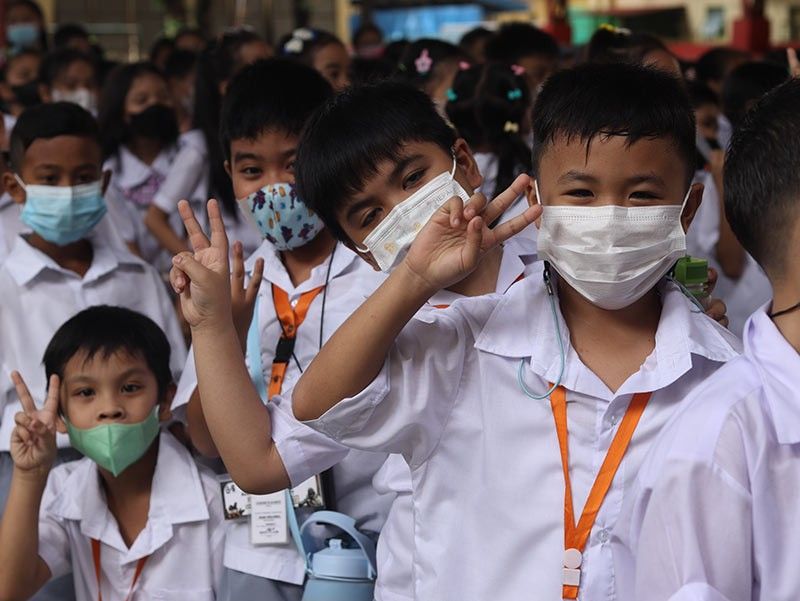
MANILA, Philippines — One doesn’t particularly need to go hard into the science of why the planet needs our help. It is readily understood that we all want to keep living here—this beautiful “Pale Blue Dot” according to the late Carl Sagan—since we only have this one after all.
In the last few decades, the extent of the climate crisis has been shown to us, as well as the work that needs to be done to help reverse the damage, if at all. Everyone has a stake in the future of our planet. It’s not just the adults who can be involved, but kids, too.
Now, the clueless parent might think that kids are uninterested or that they would find it too hard to comprehend what the planet needs, but truth be told, children are smarter and more resilient than we give them credit.
“In anything we want our kids to learn, we really should start early. In this case, earlier is always better. With children, there's no switch-off button. Children see, children do. They'll pick up information usually based on what the caring adult is saying and doing. That's why we have to be purposive. Imparting lessons to them in a manner that they would be able to comprehend is very important,” said Danie Sedilla-Cruz, platform head at Knowledge Channel Foundation Inc. (KCFI).
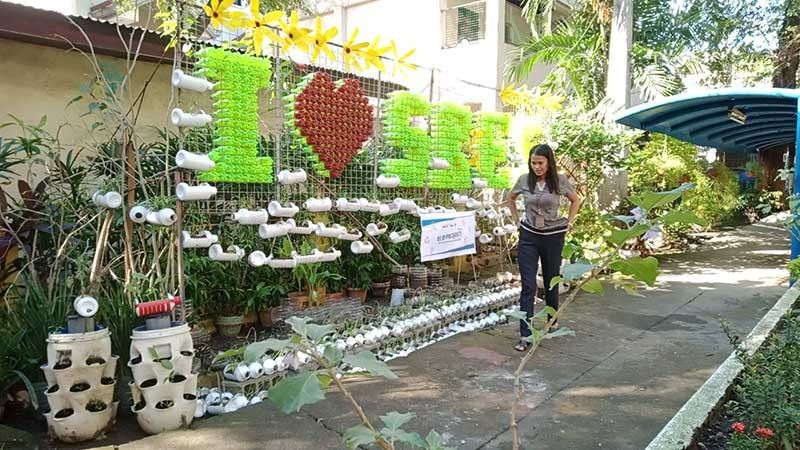
So, to help parents set the stage for their kids’ role in helping the environment, we talk to the mommies at Knowledge Channel and laid out these helpful tips:
1. Building habits from small concepts
For Grace Dayao, accounting officer at KCFI, it’s helpful to introduce fundamental ideas about the environment, its importance, then work your way up. It can be as simple as doing daily lessons or doing small demonstrations until kids understand more and more each day.
“By showing them around, you can start, for example, teaching the values of gardening, the importance of trees, the proper disposal of waste, the conservation of power and water. All of these can be done from home,” said Dayao.
2. Walking the talk
Children are impressionable and tend to mirror what other people model for them. This role usually falls on the parent.
Daphne Ferrer, human resources specialist at KCFI, suggests that in terms of learning about protecting the environment, parents can break things down into smaller actions for children to pick up on.
“The best way to get them to start contributing in their own little ways is to show them practices that are beneficial to the environment. Children tend to mimic things adults are doing,” she said.
“Establishing and imposing good habits like segregating and recycling at a young age—these habits are more likely to stick with young people as they grow older,” she added.
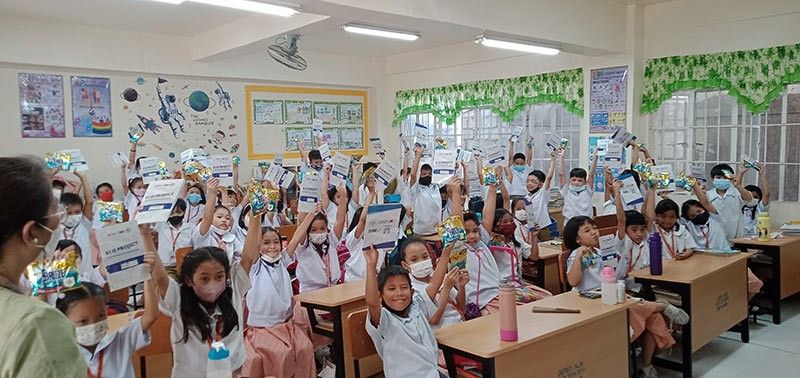
3. Explain as you go along
You can also “show and tell.” Doing this is an effective way for parents to spark meaningful conversations with kids and in turn learn about their own opinions, which is an important factor in this process.
“So in cases like when you pocket your trash when there's no trash can around, you can explain to your kid why you do it. Or when you turn off the faucet while the child brushes his or her teeth. Or when you reuse plastic bottles as planters. Conversations happen when we have the patience to explain to our children why we need to do these things. And we're prepared to answer their endless whys,” explains Sedilla-Cruz, Platforms head at KCFI.
Getting dirty for good
In an effort to support parents, especially on their journey of raising young ones to become eco-warriors in their own right, Breeze, in partnership with Knowledge Channel, launched the Breeze EcoProject program.
With the help of the Department of Education, the Breeze EcoProject program has been integrated into the 3rd Grade curriculum of participating schools in Marikina City, Taguig City and Pateros. Students can now have access to educational videos and enjoy activities such as eco-missions via EcoDiary and EcoPlanter making.
The goal is to empower Filipino changemakers so that they may take the leap and get dirty for good.
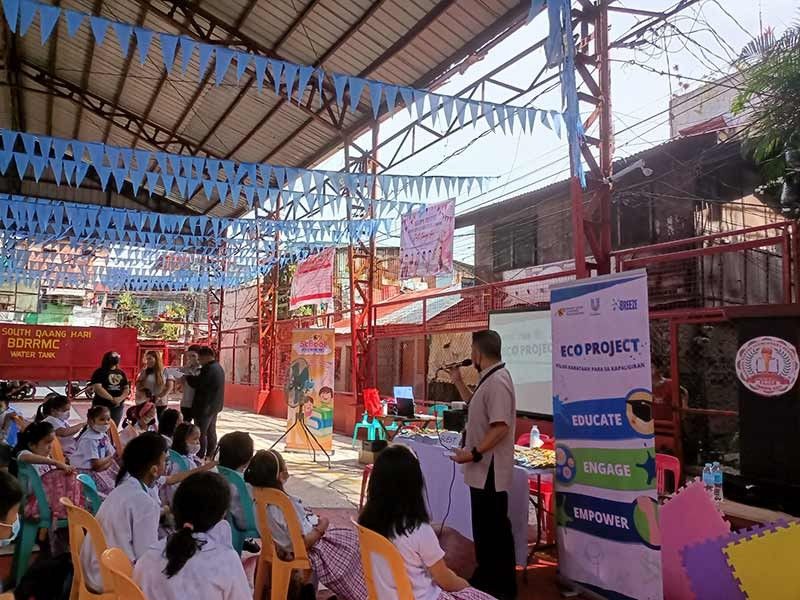
“We discovered that the perfect time to create young changemakers is in the third grade as this is the time when kids are more aware of understanding their place in this world. The brand aims to touch the lives of students, educate them on environmental issues and present them with opportunities to take action,” Breeze Assistant Business Performance Manager Francine Mariazeta said.
Part of the EcoProject program is Ecollect where students are encouraged to collect plastics for recycling into eco-lumbers and eco-furniture via recycling partner, The Plastic Flamingo (PLAF).
Additionally, Breeze will also facilitate the construction of vertical gardens in said schools through the use of EcoPlanters that the students create themselves, serving as concrete reminders of the little changes that they made, but nevertheless contributed in the name of making the world a better place.
“Alongside a transition from a proposition of ‘tough on stains, gentler on hands’ to ‘tough on stains, kinder to the environment,’ Breeze aims to empower Filipino changemakers to take action and get dirty for good, because ‘everyday actionism’ (whether big or small) is the best way to make a positive impact on our planet,” Mariazeta said.
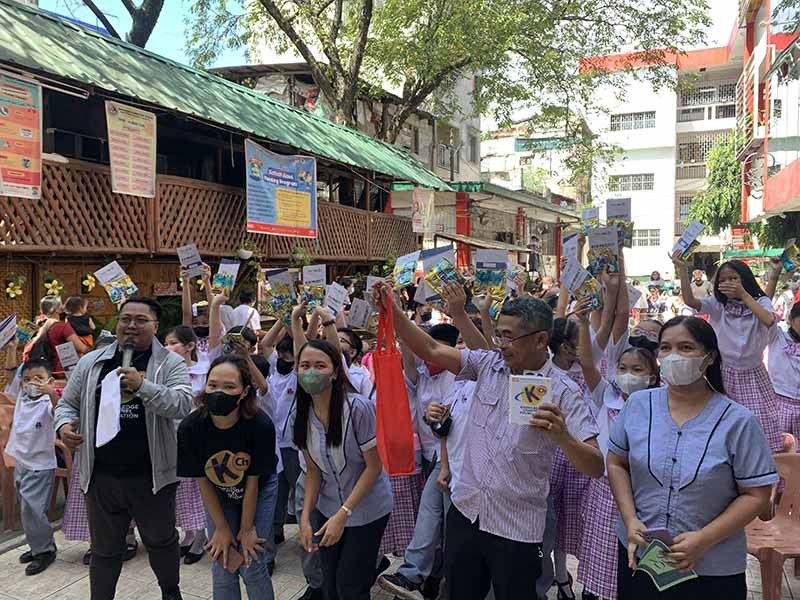
As part of its sustainability efforts, Breeze is also powered by EcoClean Technology.
“EcoClean Technology, which uses enviro-friendly ingredients, helps remove tough stains. We also optimized packaging production so that pouches now save 0.16 tons (164 kg) of plastic every year—equivalent to 20,000 pieces of supermarket plastic bags,” Unilever Homecare Philippines Research and Development Lead Amor Prieto explained.
“Liquid bottles are also made with 100% recycled plastic, saving 19 tons or 342,000 bottles from going into landfills or oceans each year,” Prieto added.
History has proven that even small, well-meaning efforts can snowball into large-scale meaningful changes. And it all starts in the home with parents working together with their kids, from forming lasting eco-friendly habits to the conscious way of choosing and using household products that have a reduced impact on the environment.
To know more, visit https://www.unilever.com.ph/brands/home-care/breeze/ or like and follow the official Breeze Facebook page at https://www.facebook.com/BreezePhilippines/.




















